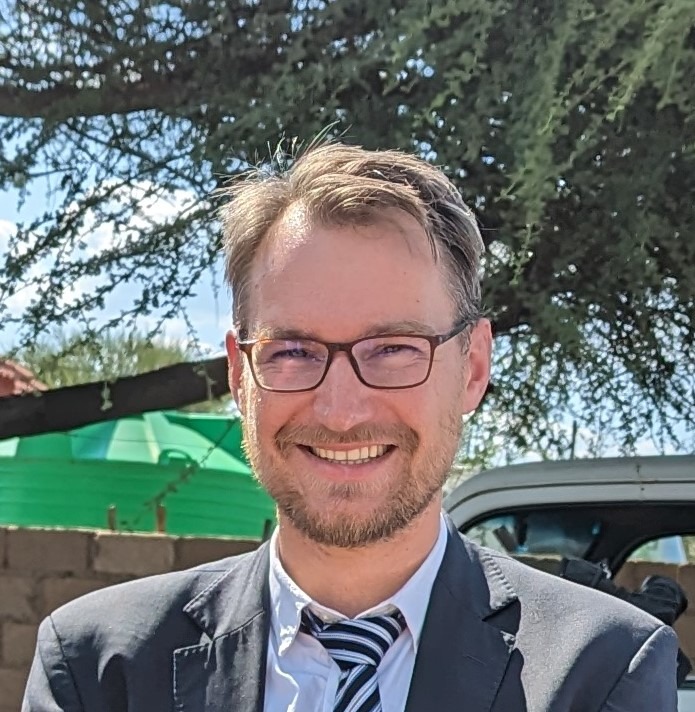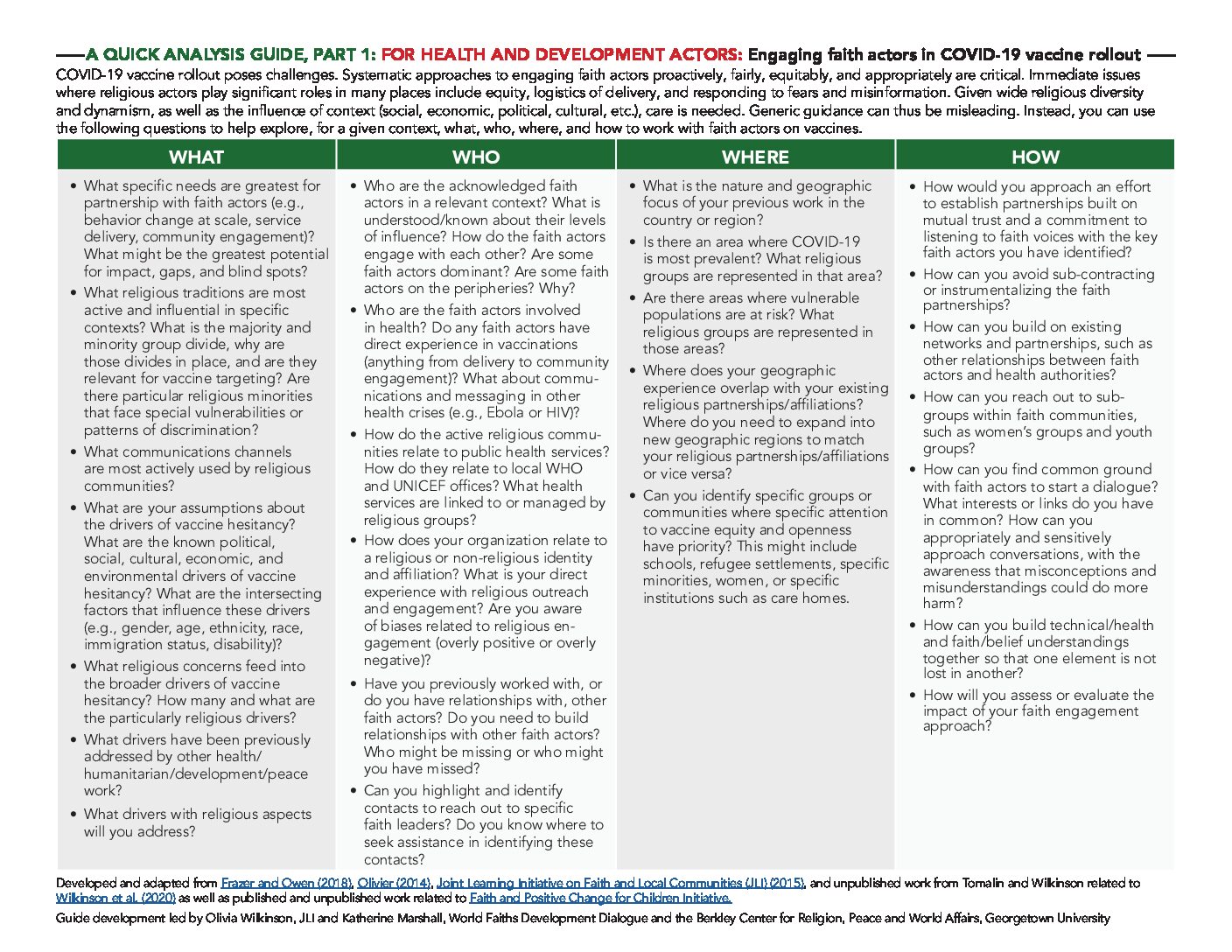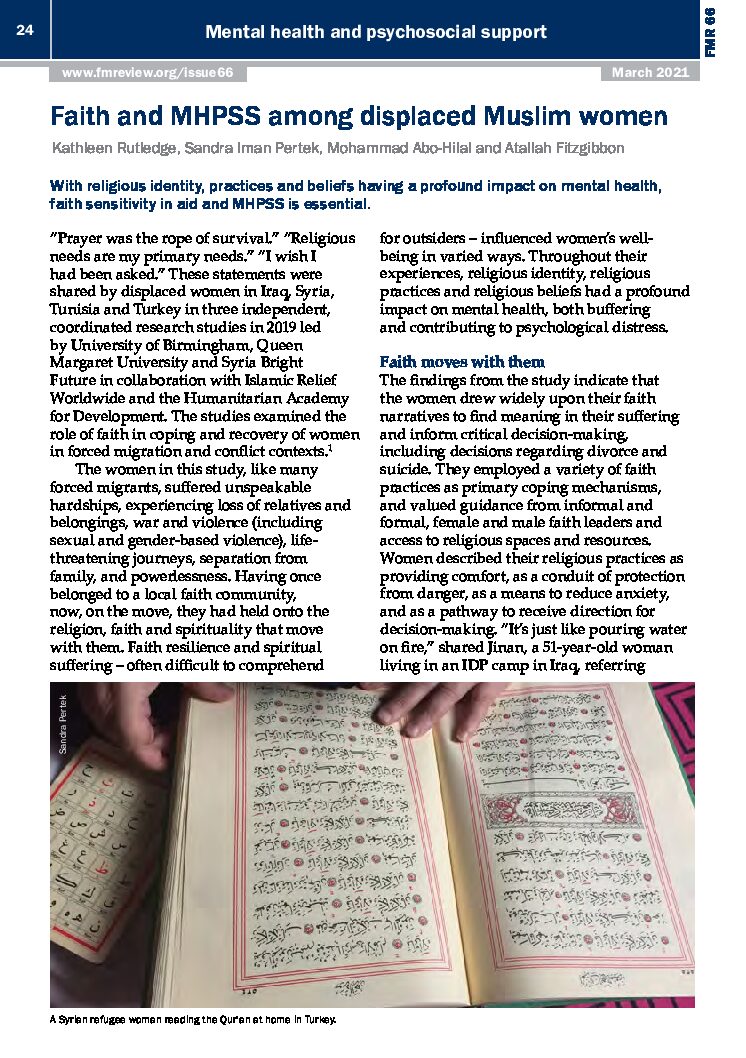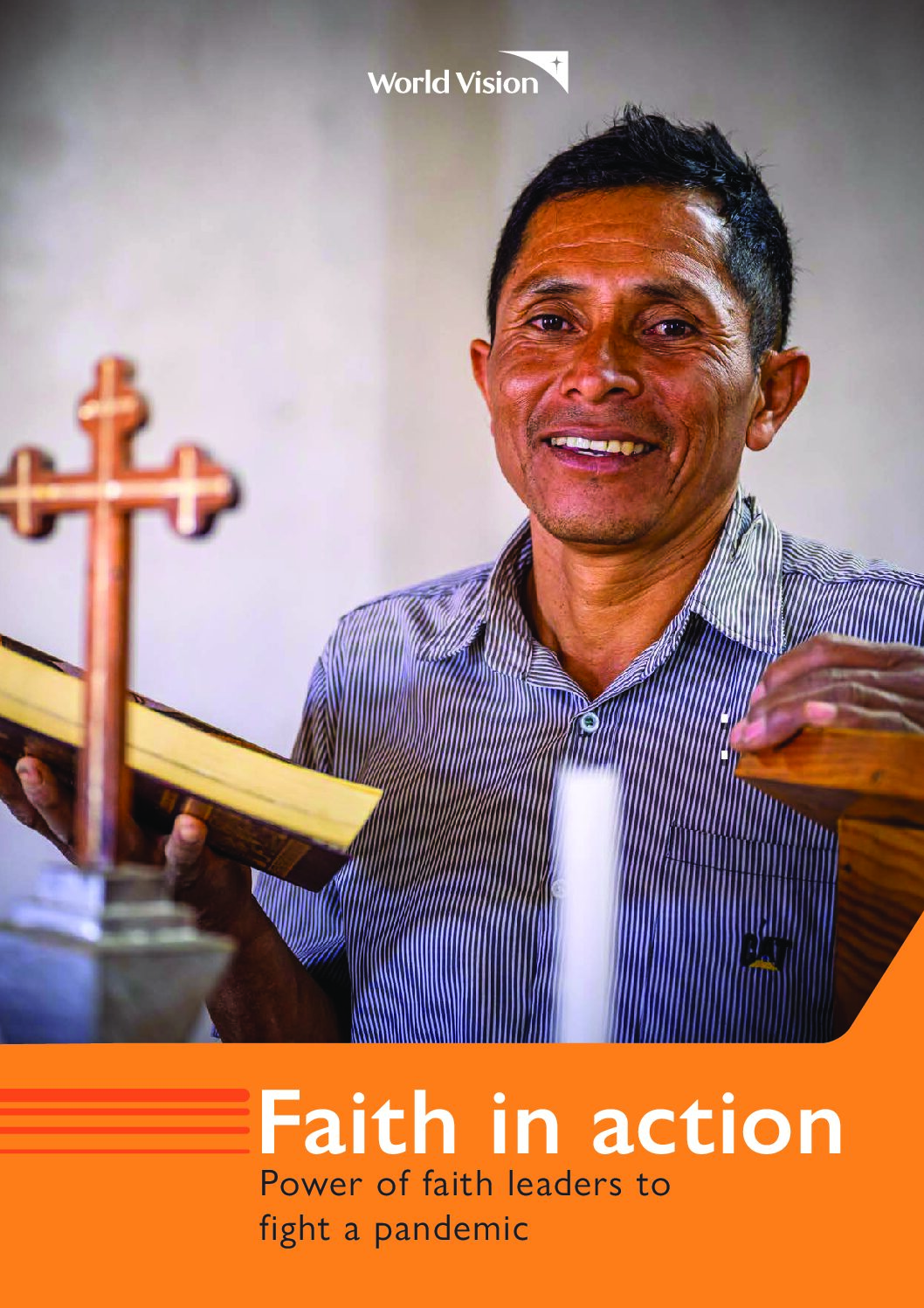The State of the Evidence in Religions, Development, and the Environment
Dr Philipp Öhlmann
University of Botswana

Professor Ignatius Swart
University of the Western Cape, South Africa

This blog series is introducing and summarizing every chapter of the JLI’s 2022 Edition of the State of the Evidence in Religions and Development. The full report and chapters are available at their dedicated web page. A new blog on each chapter of the series will be regularly published during 2023. This is the third blog post, which focuses on religion, development, and the environment. The first blog that introduces religions and development evidence in general can be found here. The previous blog on religion, development and health is here.
The environmental crisis is a spiritual and moral crisis and requires societal and cultural transformation. Religious communities can play a fundamental role in such societal and cultural transformations. Consequently, policy makers have increasingly recognized faith actors as crucial actors for ecological sustainability. Against this backdrop, fundamental questions on the role of religion for the environment emerge. What kind of values and attitudes do faith actors bring to the environment, climate change, and ecological sustainability? What are religions’ theological engagements with environmental action (e.g., advocacy against climate change) and does this theology encourage environmental action among believers? This chapter of the State of the Evidence covers these questions and the rest of this blog will summarise some of the main points from the chapter.
Concerns with questions on environmental sustainability are on the increase in religious communities. Scholars argue that “world religion has entered into an ‘ecological phase’ in which environmental concern takes its place alongside more traditional religious focus on sexual morality, ritual, helping the poor and preaching the word of God.” Recent scholarship has described this as the “greening of religion hypothesis,” although some recent empirical studies have painted a more ambivalent picture too. A variety of recent studies have demonstrated the ways in which religions are engaging with issues related to the environment and climate change. Some examples include World Bank researchers’ study of the positive correlation between religious affiliation, religiosity and environmental concerns, a Catalonian case study of the practical contribution of religious organizations to “integral sustainability” (i.e. sustainability inclusive of the environmental, social and economic concerns of the Sustainable Development Goals [SDG] Agenda), and a consideration of religion as a potential driver of sustainable consumption. Alongside this, organizations that work on the environment and climate change are now also taking religions more seriously. One of the most prominent examples is the United Nations Environment Program’s (UNEP) Faith for Earth Initiative.
Turning to look at a few specific religions, a consolidated picture emerges with the growing body of literature around Catholic social teaching and engagement with the SDG Agenda. At the center of this inspiration is Pope Francis’ encyclical Laudato Si’. Scholars praise Laudato Si’ for its far-reaching conceptual paradigm shift from “integral human development” to “integral ecology.” This implies nothing less than a vision for “a postcapitalist era, based on a cultural shift towards eco-solidarity.” At its core is an integral approach that recognizes the cry of the earth with the cry of the human poor. The emphasis falls on a call for “ecological conversion,” which is seen to inspire a new worldwide movement of “religious environmentalism on the ground, as well as the field of religion and ecology in academia developing new ecotheologies and ecojustice ethics.”
There seems to be substantial and dynamic ecological action at local levels, with indigenous traditions fostering “pro-environmental perceptions and behaviors.” This resonates with the findings of recent studies from African contexts on African Traditional Religion, Spirituality and Philosophy and African Initiated Christianity, which highlight a tension between different approaches to the natural environment from “dominion” over creation to “communion” with the natural environment.
Islam has seen the development of an eco-theology and engagement with the environment since the 1960s. These approaches draw on the Islamic concepts of Tawhid, highlighting the unity of all creation, and Khalifa, highlighting the role of humans as stewards of creation. A recent key point of reference for this movement is the “Islamic Declaration on Global Climate Change,” which seeks to “create greater awareness for climate change and calls on decision-makers in the Muslim worlds and beyond … to take sound actions.”
Buddhist perspectives on environmental protection and climate change – deriving from an emphasis on the interdependence of humans and the natural environment – were prominently brought forward in the global statements “Buddhist Climate Change Statement to World Leaders” and “The Time to Act is Now: A Buddhist Declaration on Climate Change” (both in 2015). A concrete example of Buddhist ecological activism is that of Buddhist monks in Thailand, who in the 1980s, began ordaining trees to prevent them from being felled and to raise awareness on environmental destruction.
In summary, there seems to be a substantially increasing interest in the relationship of religion with the environment, climate change, and ecological sustainability as evidenced by a rapidly growing corpus of literature. At the same time, increasing engagement by faith actors is visible both at the ideological level as well as in concrete environmental action and advocacy. However, this often seems to be a partial movement in religious communities. Speaking of a unanimous “greening of religions,” in the sense that ecological concerns constitute a major focus throughout seems to be premature, perhaps with some pioneering exceptions. A more fitting term might be to speak of an ecological turn in religious communities throughout the globe, indicating increased ecological awareness without this becoming a central element in theological tenets and religious activities.




0 Comments